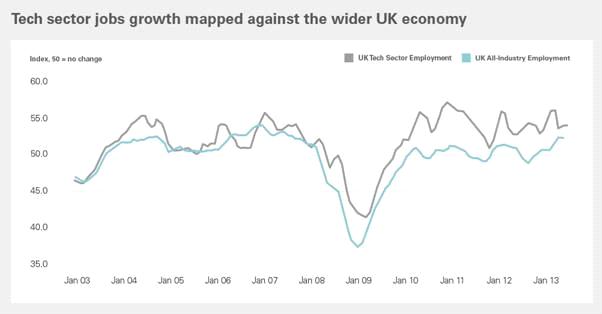 Germany, whose industry has been relying on things to run the same way as they did before those World Wars, has suddenly woken up in the digital age and is a little worried about it.
Germany, whose industry has been relying on things to run the same way as they did before those World Wars, has suddenly woken up in the digital age and is a little worried about it.
According to Reuters big German companies have started teaming up with start-ups to shake up their conservative business culture and keep pace with a world increasingly dominated by nimble tech giants.
Most of the German blue-chips run along 19th century lines with only the youngest — SAP, founded less than 43 years ago.
In other Western countries the top 30 companies on the Nasdaq were set up in the 1980s or later and the fourth-biggest firm, Facebook, was established about a decade ago.
German government officials and company executives fear they could fall far behind if they cannot swiftly identify and adopt innovations in web and smartphone technology that have driven the success of Google, Apple and Amazon.
Metro, Bayer, Evonik, Merck KGaA and Deutsche Telekom are now investing in start-ups – seeking to gain digital expertise, as well as to embrace newcomers whose innovations could represent threats to their own businesses.
They have a long way to go, Investment in German start-ups more than doubled to $1.74 billion last year, this was less than the amount raised by Uber. US-based start-ups drew $49.39 billion.
Fewer than half of Germany’s top 500 companies have a comprehensive digital strategy, according to a study by Accenture.Only 11 percent use social media and only six percent cloud computing, the European Commission’s Digital Economy Index published at the end of February showed.
Healthcare firms Bayer, Merck and Boehringer Ingelheim, Deutsche Telekom and chemicals group Evonik, meanwhile, have all set up multi-million euro in-house venture funds. Deutsche Telekom has pledged to invest $542 million in Germany’s start-up scene over the next five years.
The German government has announced plans to try to promote startups. They include a pre-market web platform to connect young companies with investors.
However most say that there needs to be more venture capital investment in Germany and the scene needs to be more attractive in terms of taxation.
The other problem is that the Germans do not like investing in something which might go tits up.
 A Cabinet Office report called Organising for Digital Delivery has found that the government spends half of its £4.7 billion IT budget patching out of date systems.
A Cabinet Office report called Organising for Digital Delivery has found that the government spends half of its £4.7 billion IT budget patching out of date systems.



















